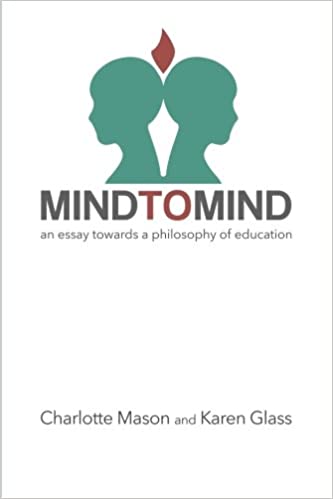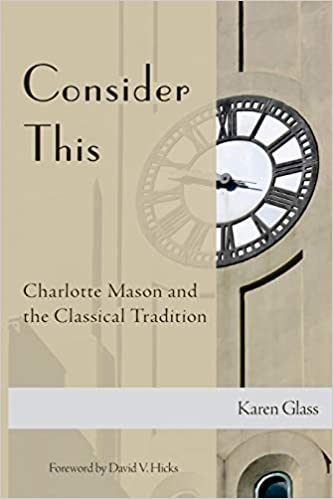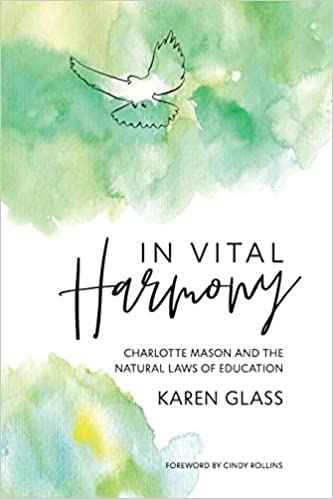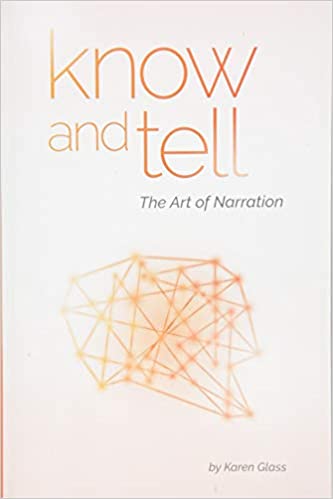Mind to Mind: An Essay Towards a Philosophy of Education
This is Charlotte Mason as you have not seen her before: Mind to Mind is her well-seasoned final work, originally titled An Essay Towards a Philosophy of Education. Divested of outdated material, the essential philosophy is brought into sharp relief. Ms. Mason wrote, “The message for our age is, Believe in mind, and let education go straight as a bolt to the mind of the pupil.” Our generation needs to hear that message more acutely than ever. Karen Glass, with deep respect for the original, has preserved the essentials in Ms. Mason’s own words, while delivering the material in a format that speaks to today’s readers. This book is an abridgment in the literal Latin sense of “to shorten.” What has been shortened is not merely the length of the original volume, but the path between the modern reader and the mind of Charlotte Mason.
In this book, Charlotte Mason presents the vital principles that underlie her methods, and with the confidence of many decades of practice behind her, recommends those methods to a wider audience. She wanted to reform and regenerate the educational practices of Great Britain in the early 20th century, but 21st century readers will find her ideas just as potent, just as penetrating, and even more refreshing than they were when they were originally penned. Her first principle is "Children are born persons": not machines, not animals, not accidental conglomerations of cells, but persons, with all the magnificent possibilities that personhood implies. The education we should offer a person is the education Charlotte Mason offers to us.
More info →Consider This: Charlotte Mason and the Classical Tradition
The educators of ancient Greece and Rome gave the world a vision of what education should be. The medieval and Renaissance teachers valued their insights and lofty goals. Christian educators such as Augustine, Erasmus, Milton, and Comenius drew from the teaching of Plato, Aristotle, and Quintilian those truths which they found universal and potent. Charlotte Mason developed her own philosophy of education from the riches of the past, not accidentally but purposefully. She and the other founding members of the Parents’ National Educational Union in England were inspired by the classical educators of history and set out to achieve their vision in modern education. They succeeded—and thanks to Charlotte Mason’s clear development of methods to realize the classical ideals, we can partake of the classical tradition as well.
More info →In Vital Harmony: Charlotte Mason and the Natural Laws of Education
Charlotte Mason looked at the world and saw that it was governed by universal laws, such as the law of gravity. Then she wondered. What if there were similar laws that governed the way people learn? If we knew what those laws were, we’d be able to pursue education along the most promising lines .
She devoted her life to finding the key principles of education and then developing methods to make the most of them. The result is a comprehensive picture of living and learning that breathes life into education at every level—from babyhood to the adult years. It’s not a rote system, but a flexible set of ideas that keep education in focus.
These principles are for everyone concerned with teaching and learning. They are no more difficult to implement than the principle of gravity which allows you to walk, run, and even--when you know what you are doing--to soar.
More info →



